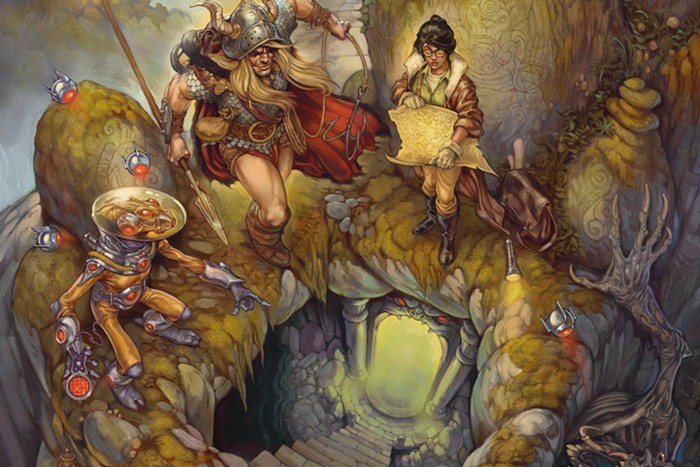Few artists have plummeted in quality as precipitously as Sly Stone. Gifted with the ability to play many instruments, write, produce, arrange, perform, and radiate a million-watt charisma onstage, Sly (aka Sylvester Stewart) and his multiracial, gender-diverse group the Family Stone have created a body of work that will exhilarate humans for as long as electricity exists. They had an astounding run of albums, singles, and live performances that raised the bar for popular music with their inventive, combustible fusion of soul, funk, and psychedelia. Sly excelled at everything from explosive rave-ups to morose ballads. He was a master crafter of memorable hooks and a pioneer of drum-machine programming. As Jeff Kaliss states in his book, Sly & the Family Stone were "funky enough for Harlem and Watts and trippy enough for the Haight-Ashbury." But following the band's peak (roughly 1967 to 1973), Sly succumbed to the pitfalls that have plagued hundreds of musicians before and since: creative stagnation, financial problems, and drug overindulgence, with its attendant paranoia and unreliability.
A life of such dizzying highs and miserable lows makes for a potentially riveting biography, of course, and Kaliss does about as solid a job as can be expected, given Sly's notorious reclusiveness. Unsurprisingly, Kaliss only secured two very brief interviews with Stone (who forbade the author to record them), both of which mainly serve to show how much spark has drained from Sly's brain. Nevertheless, I Want to Take You Higher is a well-researched, well-reported account of Sly & the Family Stone's career and the group leader's personal life.
What Kaliss lacks in descriptive powers regarding Sly's music and access to the man himself, he compensates for with old-fashioned journalistic footwork. He wrangles illuminating quotes from Sly's brother Freddie and other Family Stone members Greg Errico, Jerry Martini, and Cynthia Robinson. He fills in some gaps by interviewing business partner David Kapralik (Stone Flower Productions) and Ria Boldway Douglas, Sly's ex-girlfriend and a member of his first group, the Viscaynes.
While Kaliss relates some amusing and harrowing anecdotes regarding Sly and diligently covers his biographer/music critic's tracks, there's still a void at the heart of the book. Record-company exec Steve Paley asserts in Higher that Stewart "loves being the Howard Hughes of his generation... he loves the idea that nobody knows who he is, where he is, or what he's doing and what his music is like." Obviously, this isn't an ideal scenario for a revelatory bio.
With some musicians, it's best simply to derive meaning from their work and not seek ultimate knowledge of the person behind it. As Sly sings in "Everyday People," "My own beliefs are in my song." 'Nuff said. ![]()



















